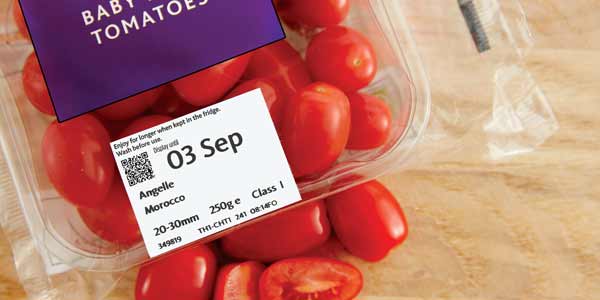How will the FSMA, the US’ strict new traceability requirements for fresh food products impact you?
From January 2026, all US-based fresh food and drink producers and US suppliers overseas will be legally obliged to enable highly enhanced tracking of their products across the entire supply chain via a new rule from the US Food and Drug Administration: the Food Safety Modernization Act’s (FSMA) Final Rule on Requirements for Additional Traceability Records for Certain Foods.
The objective is to enable the rapid identification and removal of potentially contaminated products, which has represented a major challenge across the United States in recent years.
According to the FDA, every year, a staggering 48 million people, or one in every six US citizens, contract a foodborne illness, with approximately 148,000 hospitalizations and 3,000 deaths as a consequence. Livestock and pets are also often impacted by such contaminations.

FSMA now guarantees traceability as a requirement
We spoke to MI’s regulatory and traceability expert, David Habib, about the possible implications of preparing for the new FSMA rule and the sea change it will mean in terms of traceability demands for US consumers and producers alike. David is Senior Solutions Consultant for Packeting Intelligence software at Markem-Imaje, where he has worked for more than 17 years together with many leading major food and beverage producers.
Before that, David worked for 20 years+ in the supply chain and traceability markets for global companies helping them to develop systems to trace their products for recall and other regulatory purposes.

